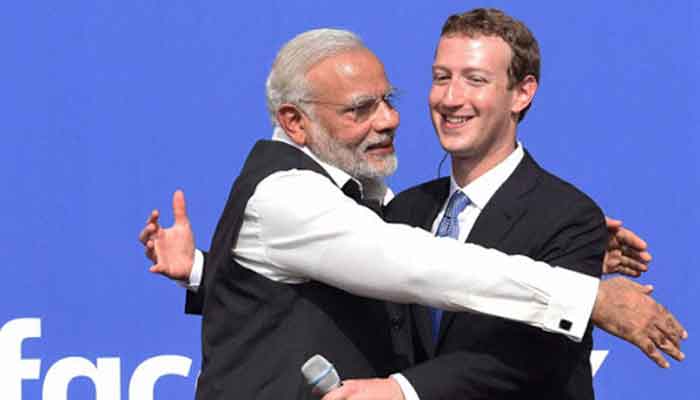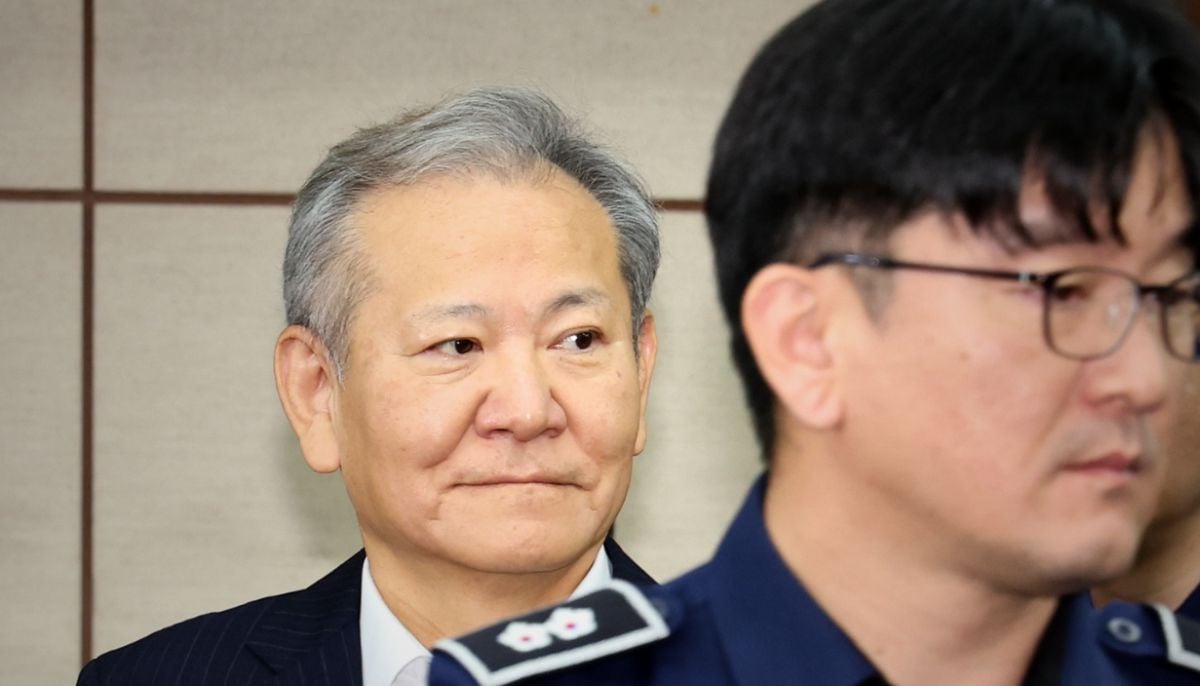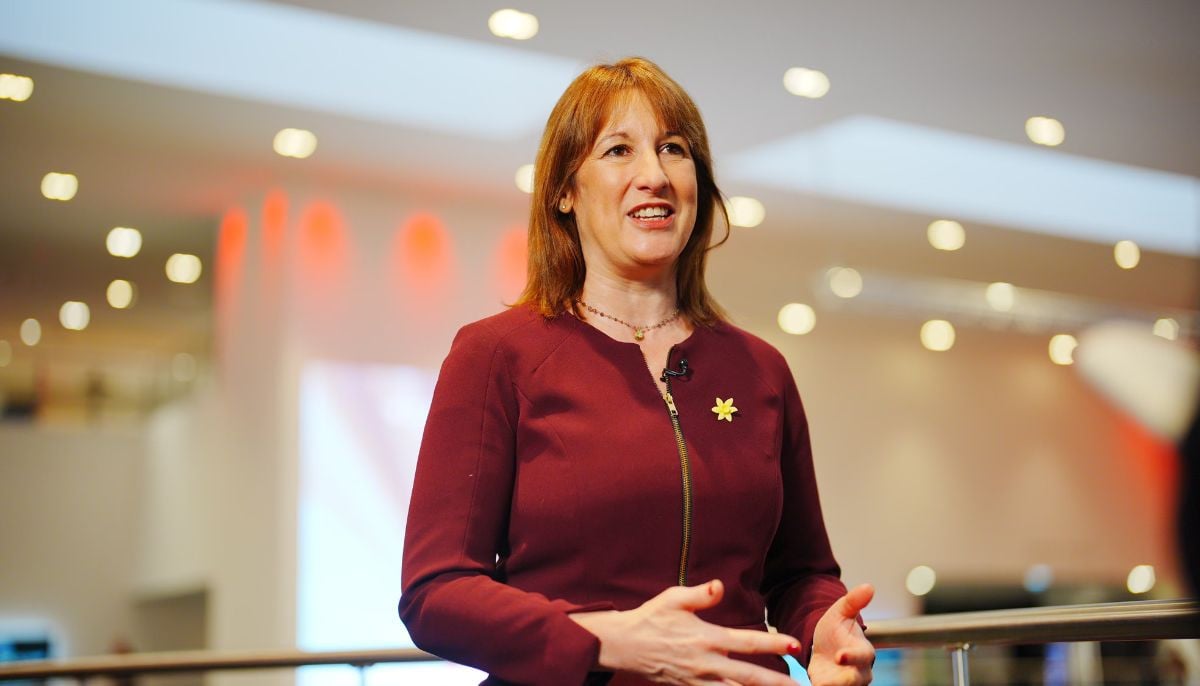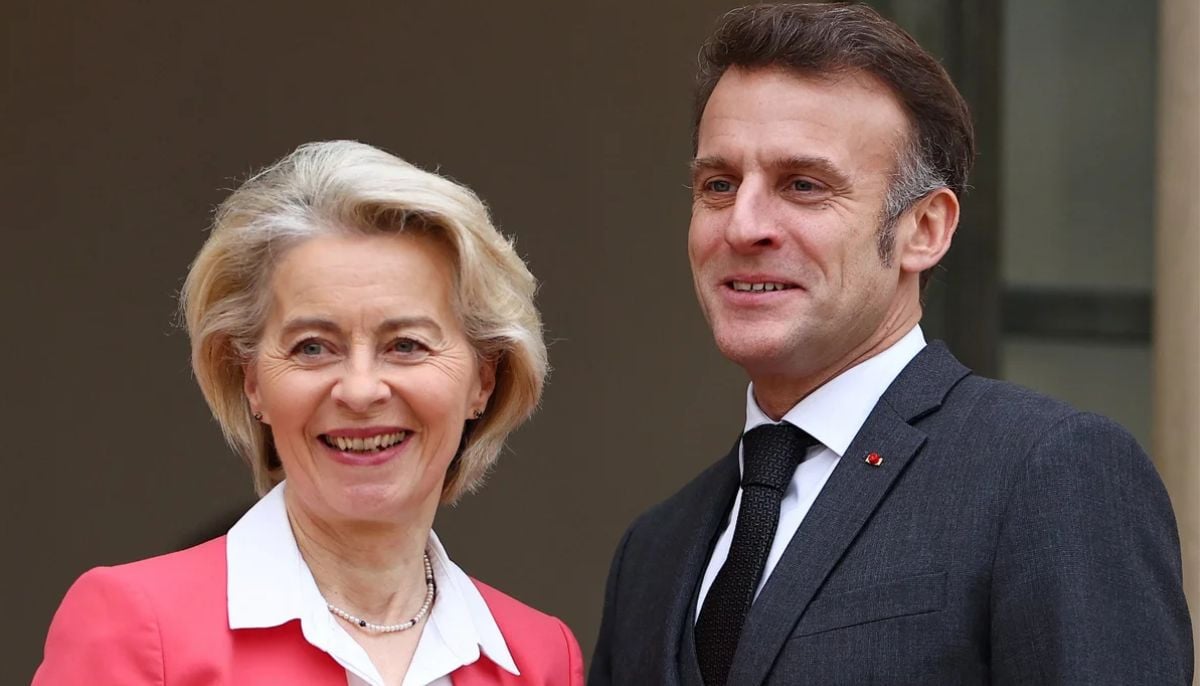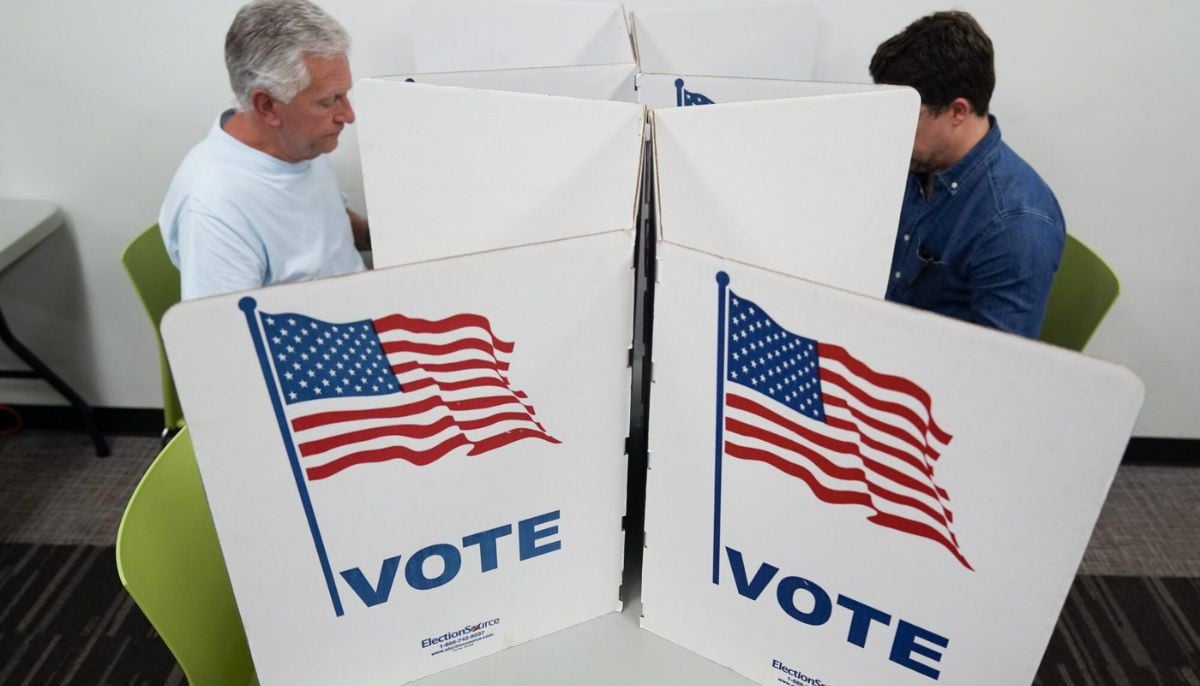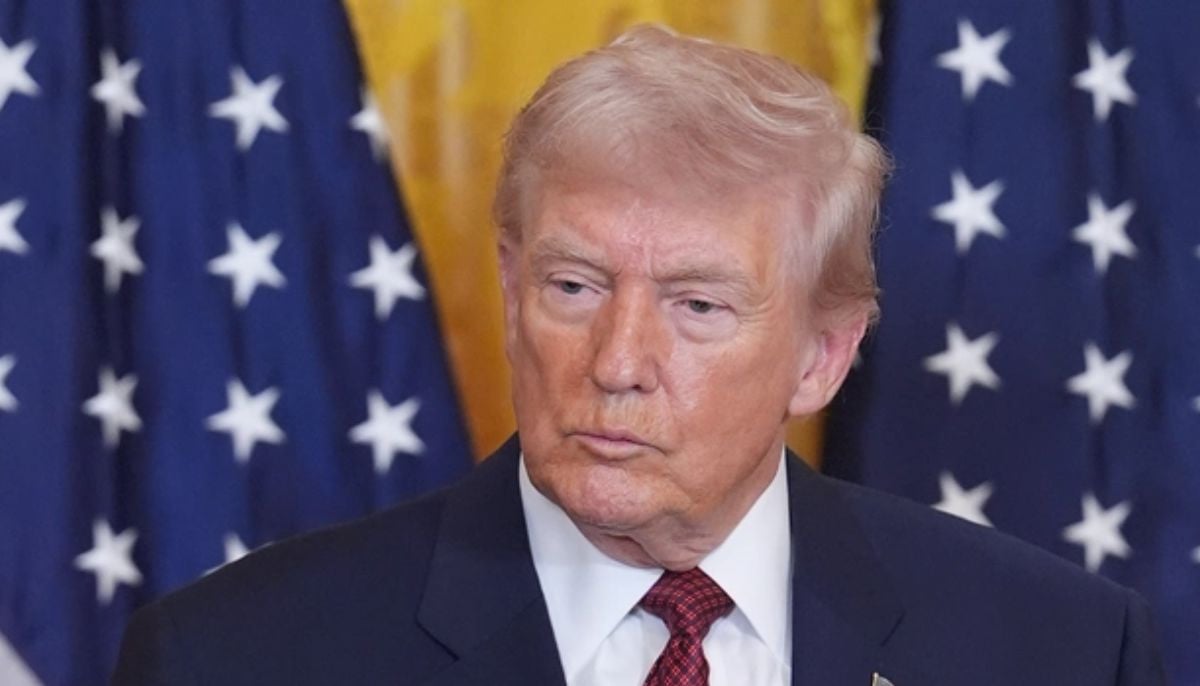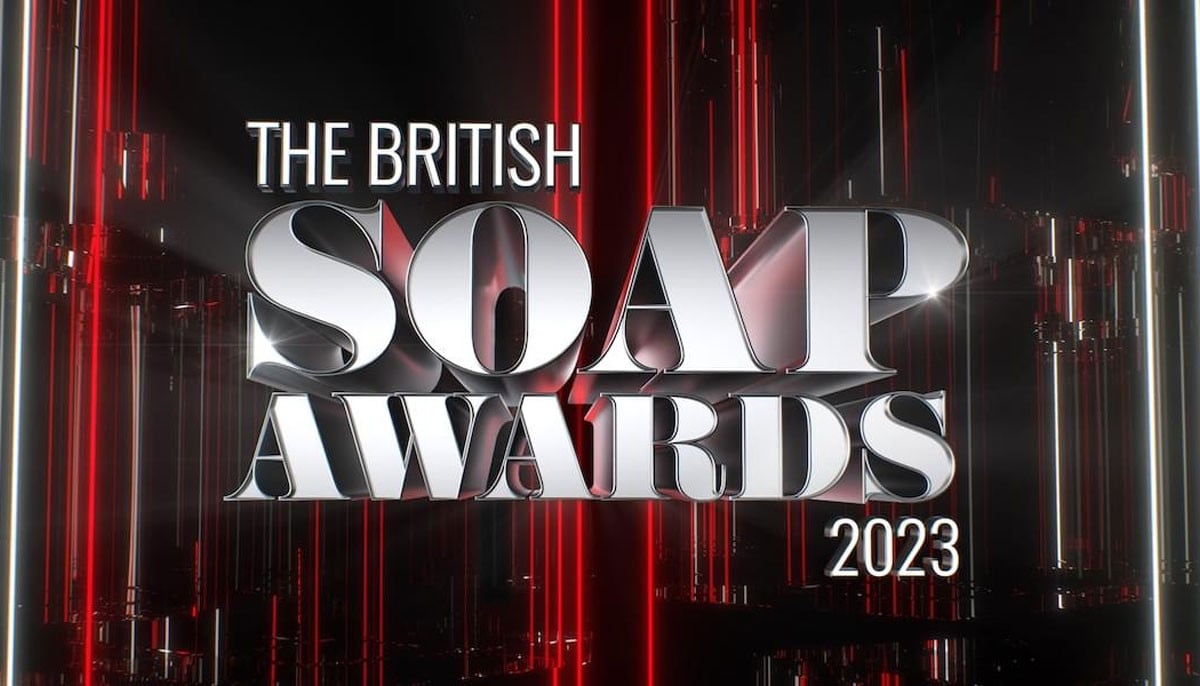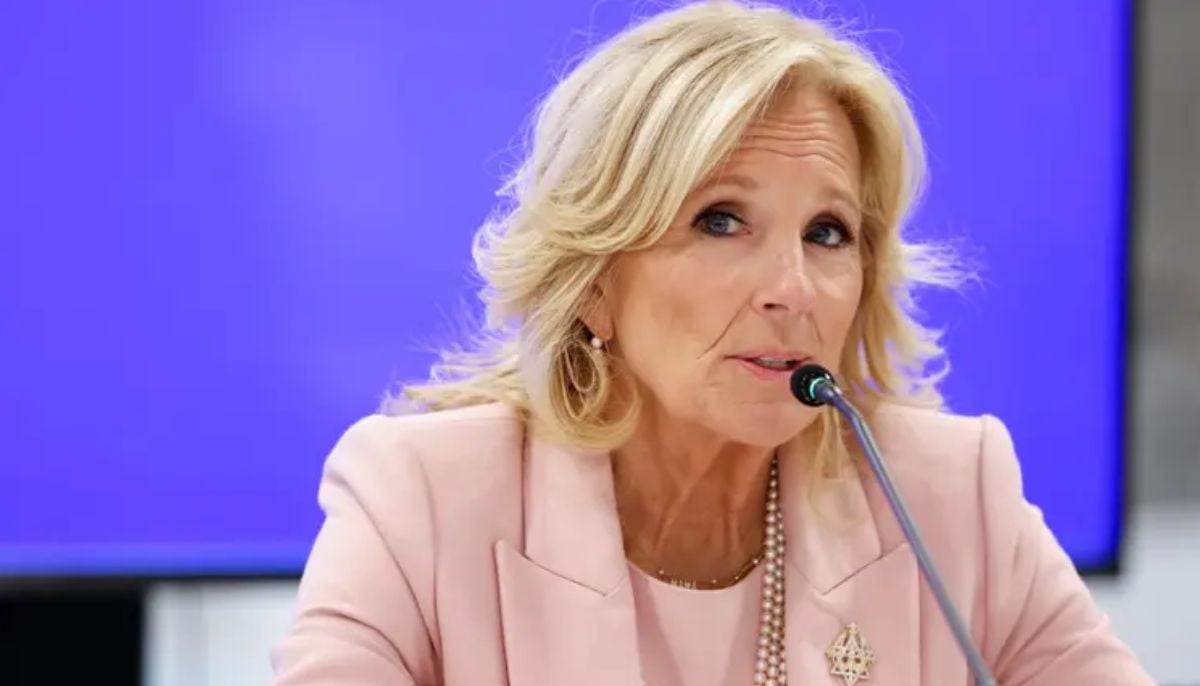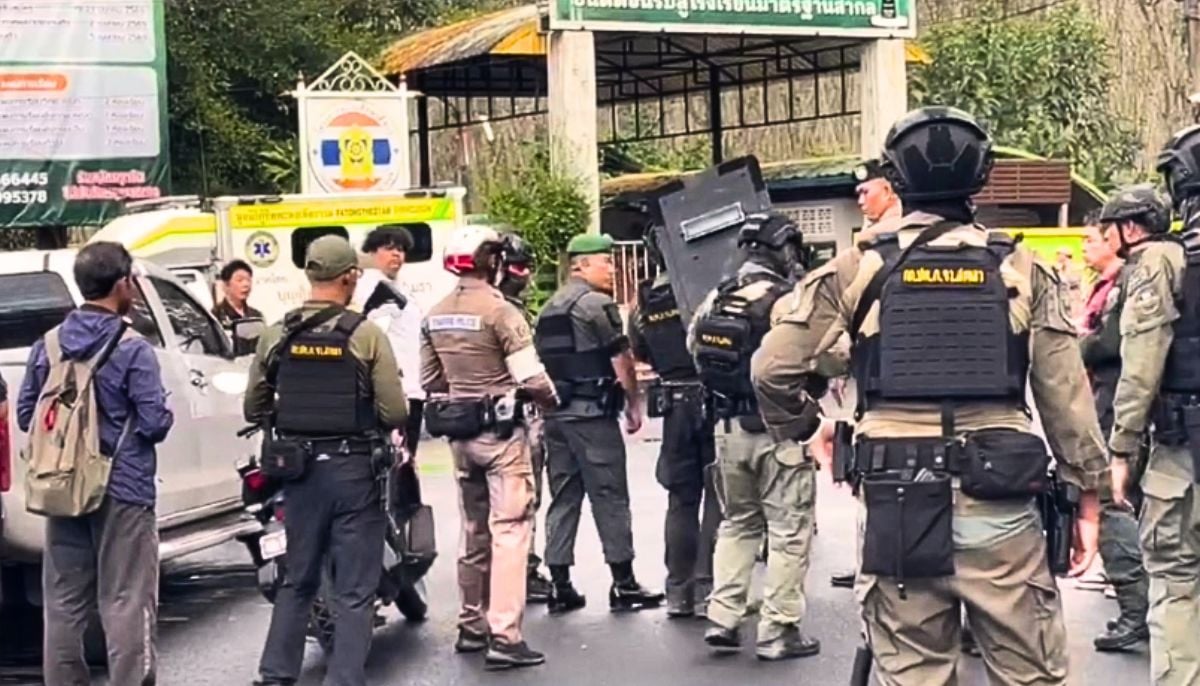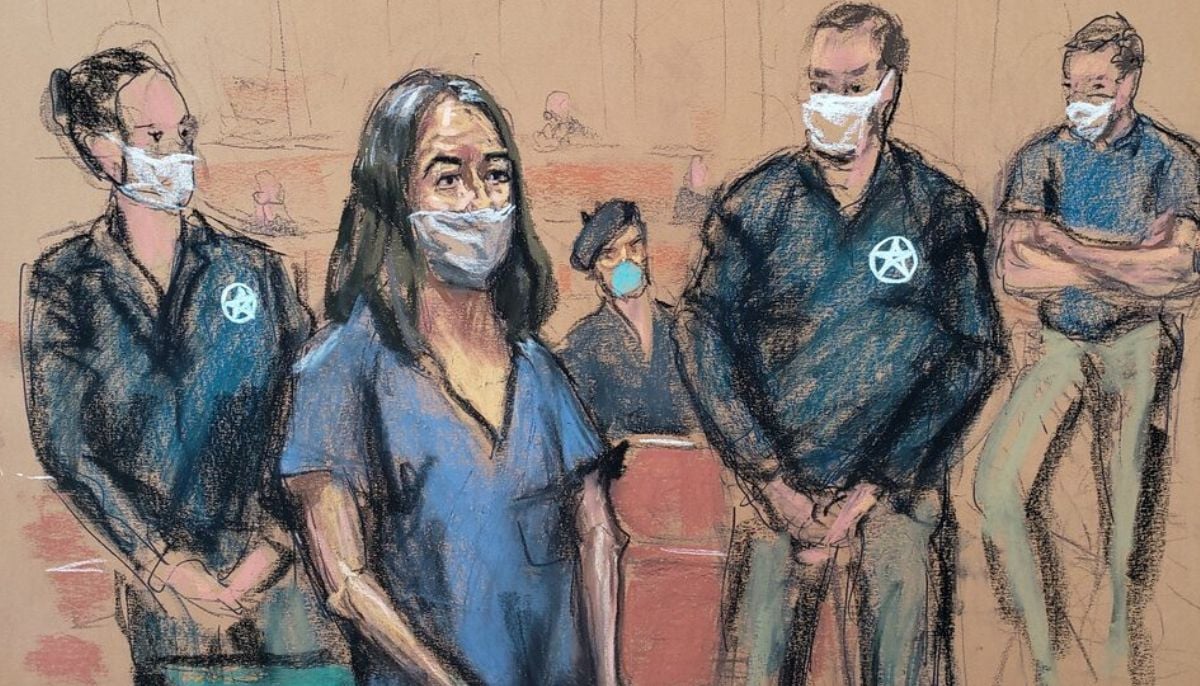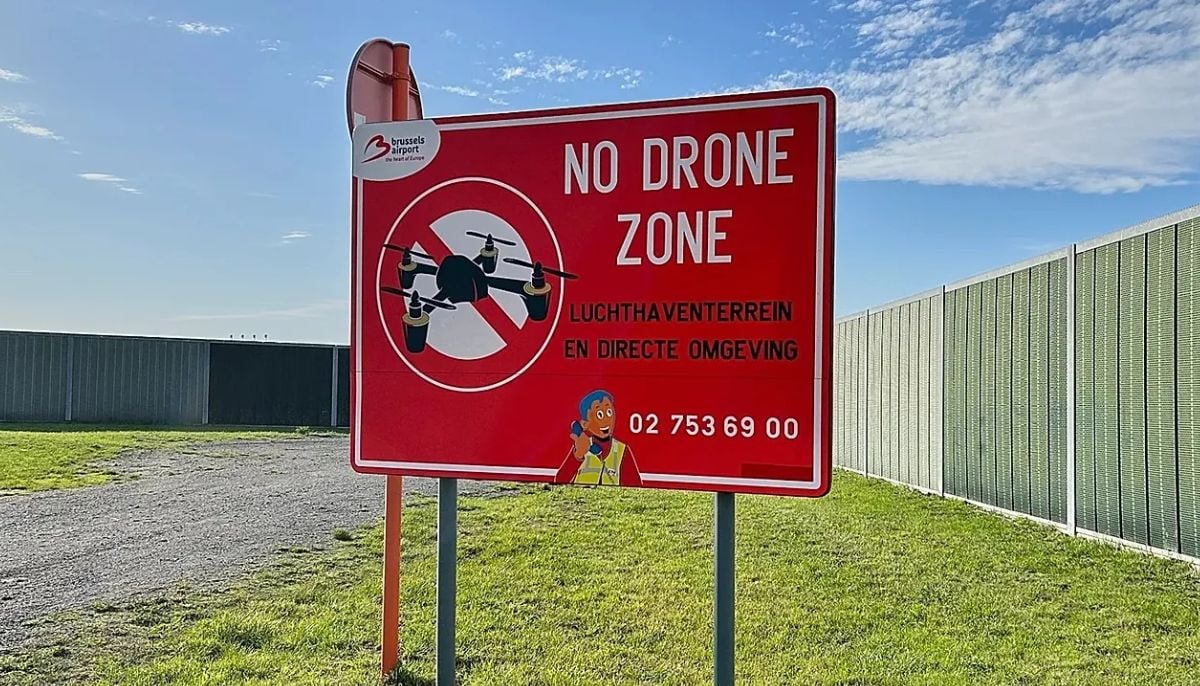In India, Facebook prefers business over hate-speech: WSJ report
In April, Facebook announced a $5.7 billion partnership with an Indian telecom operator to expand operations in the country
Facebook’s double standards and failure to curb hate-speech against the Indian Muslims due to fears that the action would "damage" company's “business prospects” in the country have been exposed in a revealing report published in an influential US newspaper on Friday.
The Wall Street Journal reported that Indian politician T. Raja Singh, who has encouraged violence against the Muslims, remains active despite violating the social media giant’s community guidelines.
Singh, a member of Indian Prime Minister Narendra Modi’s Bharatiya Janata Party (BJP), had not only violated the company’s hate-speech rules but was also designated as “dangerous”, a designation that takes into account a person’s off-platform activities, the paper reported, quoting unnamed current and former Facebook employees familiar with the matter.
The decision to not proceed against the BJP lawmaker and others, according to the WSJ, was taken on the advice of the company’s top public-policy executive in the country, Ankhi Das.
“Ankhi Das opposed applying the hate-speech rules to Mr. Singh and at least three other Hindu nationalist individuals and groups flagged internally for promoting or participating in violence.”
The report stated that the officials had warned that given India’s history of communal violence and recent religious tensions, Singh’s rhetoric could lead to real-world violence, and argued that he should be permanently banned from the company’s platforms worldwide.
Yet Singh, is still active on Facebook and Instagram, where he has hundreds of thousands of followers.
“Das, whose job also includes lobbying India’s government on Facebook’s behalf, told staff members that punishing violations by politicians from Mr. Modi’s party would damage the company’s business prospects in the country, Facebook’s biggest global market by number of users,” it said.
The way Facebook has applied its hate-speech rules to prominent Hindu nationalists in India suggests that “political considerations” also enter into the “calculus” amid a rising challenge to moderate the content posted on the platform from around the world.
Facebook, however, removed some of Singh’s controversial posts after the issue raised by the WSJ with the company.
It said Singh no longer is permitted to have an official, verified account, designated with a blue checkmark badge.
While the company says it doesn’t tolerate efforts to use its platforms to instigate violence anywhere in the world, Das’s intervention on behalf of Singh, according to former employees, is part of a “broader pattern of favouritism” by Facebook toward Modi’s hardline BJP and Hindu extremists.
However, a Facebook spokesman, acknowledged that Das had raised concerns about the political fallout that would result from designating BJP member a dangerous individual, but said her opposition wasn’t the sole factor in the company’s decision to let Singh remain on the platform.
The spokesman said Facebook is still considering whether a ban is warranted and added the firm prohibits hate speech and violence globally without regard to anyone’s political position or party affiliation.
-
US House passes resolution to rescind Trump’s tariffs on Canada
-
British Soap Awards scrapped again as ITV confirms 2026 hiatus
-
Climate nearing dangerous tipping points, study shows
-
Jill Biden’s former husband charged with wife’s murder
-
Bad Bunny delivers sharp message to authorities in Super Bowl halftime show
-
Thai school shooting: Gunman opened fire at school in southern Thailand holding teachers, students hostage
-
Maxwell could get 'shot in the back of the head' if released: US congressman
-
New EU strategy aims to curb threat of malicious drones
